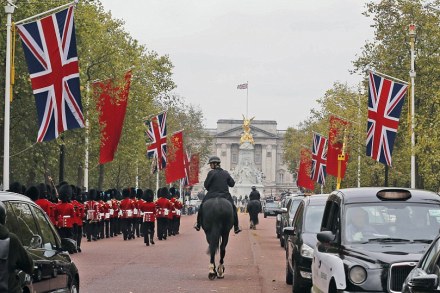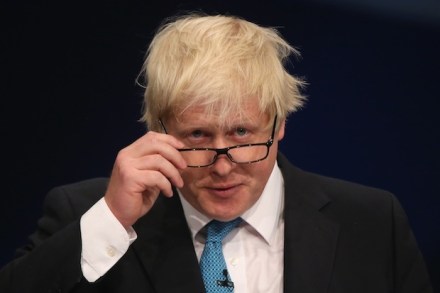Cameron tells Cabinet renegotiation will quicken soon
The Cabinet met this morning, but it didn’t manage to discuss two of the biggest political problems for the Tories at the moment, according to the Downing Street read-out of the meeting. The growing row on tax credits was only referred to when the discussion of parliamentary business touched on the fact that there is an Opposition Day debate on the matter later today, and there was no discussion of the demands from a number of those present at the table for collective responsibility to be suspended during the EU referendum. Not surprising, perhaps, given this was Cabinet rather than political cabinet, but a reflection of the way rows don’t





















